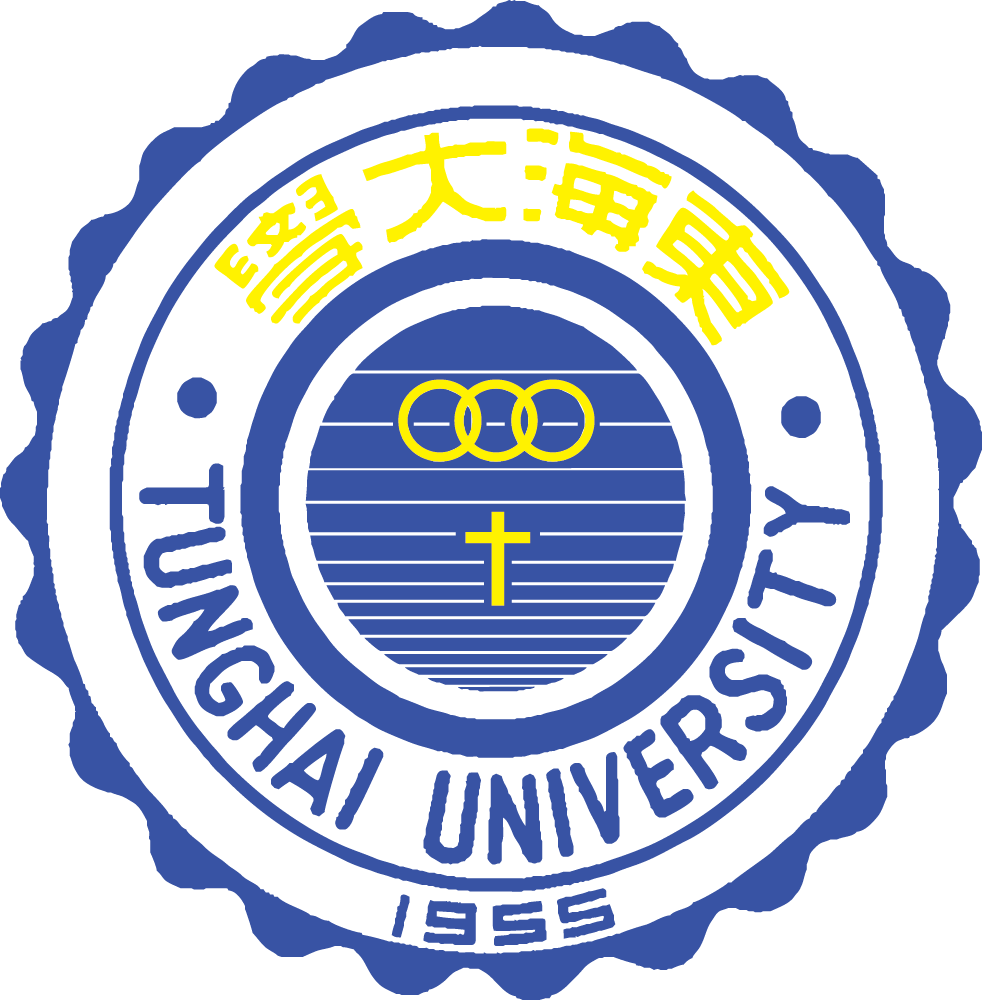Advanced Catalysis and Energy Laboratory
Research Field
Mrinalini Mishra is a researcher with extensive expertise in the wet-chemical and solid-state synthesis of semiconducting materials, MAX phases, MXenes, and advanced thin-film manufacturing technologies like atomic layer deposition (ALD). Her doctoral research centered on the texture development of electrically and thermally conductive ceramics, particularly MAX phases, using colloidal processing techniques under the influence of strong magnetic fields. During this time, she also pioneered a low-temperature, pressure-less synthesis method for MAX phases, significantly reducing the energy demands of conventional high-temperature, high-pressure synthesis methods. A key outcome of her doctoral work was advancing the energy and carbon neutrality of MAX phase production.
As a postdoctoral researcher, Dr. Mishra contributed to optimizing an innovative ALD chamber with a vertical depth of approximately 10 cm. Her work encompassed the development of photocatalysts, including transition metal oxides, nitrides, and sulfides, for hydrogen generation, as well as electrocatalysts like transition metal nitrides for proton exchange membrane fuel cells (PEMFCs), with an emphasis on reducing noble metal usage.
In her first NSTC-funded project (MOST 110-2222-E-029-003-), Dr. Mishra introduced ambient-temperature exfoliation techniques for MAX phases, enabling more energy-efficient MXene production. She also employed nanocasting methods to enhance the surface area of transition metal carbides, improving their performance as photo- and electrocatalysts.
Her current NSTC-funded project (NSTC 113-2221-E-029-010-) focuses on integrating low-energy hydro(solvo)thermal and sol-gel processes for synthesizing earth-abundant electrode materials (EEMs) such as transition metal nitrides, sulfides, phosphides, and carbides, paving the way for next-generation energy storage solutions.
She s also proficient in colloidal processing techniques, including electrophoretic deposition and gel casting. Her ongoing research emphasizes energy materials, particularly photo- and electrocatalysts for hydrogen generation, fuel cells, and energy storage devices such as batteries and supercapacitors.
Her expertise and accomplishments position her as a leading researcher in sustainable, energy-efficient materials science.
The Advanced Catalysis Laboratory (ACE) is a newly developing research facility dedicated to advancing materials and catalysis research with a focus on sustainable energy applications. The lab is equipped with essential tools for wet-chemical synthesis, high-temperature synthesis in different ambiances, and a quantum efficiency measurement device.
- Ongoing projects at ACE include: Clay-recycled plastic composites for sustainable building materials,TiO₂-fluorescent nitrogen-doped carbon nanodots composites synthesized via green chemical methods (using plant-based capping agents and carbon sources) for photocatalytic applications, phosphides synthesis for energy storage applications, MAX phases and MXenes synthesis for advanced energy applications, and Co-doped BiVO₄ for artificial leaf technologies.
The lab also benefits from collaborations with the Chemical Engineering and Chemistry departments, enabling access to additional sophisticated instrumentation and fostering interdisciplinary research.
- MAX phases and MXenes- A bottom-up approach to synthesis
- ALD
- Wet-chemical routes
- Earth-abundant electrode materials
- Phosphides
- Nitrides
- Sulfides
- Phase change materials- Enhancing the thermal performance of salt hydrates
- Green synthesis methods for photo(-electro)catalysts
- Clay-recycled plastic composites for sustainable building materials
- Transparent Wood-based building integrated photovoltaics
- 110學年度學術著作獎勵: ACS Appl. Mater. Interfaces 13, 3, 4043-4050, 2021.
- 109學年度學術著作獎勵: Electrochim. Acta, 353, 136536 (2020)
- Poster excellence award at the Annual meeting of the Materials Research Society, 2016, "Direct Z-scheme Ta3N5-WO2.72 heterojunction film for enhanced hydrogen generation”
- NIMS graduate research assistantship, Japan for doctoral studies, 2010–2013.
- Ph.D. in Materials Science and Engineering, 2010 – 2013
• Thesis: Fabrication and characterization of textured Ti3SiC2 by external field-assisted colloidal processing
• Accomplishments: Synthesis of MAX phase carbide – Ti3SiC2 with good sinterability; Colloidal processing and texture development by application
of strong magnetic field for Ti3SiC2; Evaluation of mechanical and electrical properties of dense textured Ti3SiC2 ceramics.
Berhampur University Berhampur, India - M.Sc. in Physics, specialization Materials Science, 2004 – 2006
- B.Sc. Physics (Honors), 2001 - 2004
1 Vacancy
Job Description
Interns will have the opportunity to assist in NSTC-funded research projects. Additional benefits include:
- Access to state-of-the-art lab facilities and resources
- Mentorship from experienced professionals
- Potential for future academic opportunities
Preferred Intern Education Level
Master
Skill sets or Qualities
- Basic Knowledge of Chemistry and Physics: A fundamental understanding of core concepts in chemistry and physics is essential. This includes familiarity with concepts such as reaction mechanisms, thermodynamics, and material properties.
- Interest in Wet Chemical Synthesis: Candidates should have a keen interest in hands-on experimental work involving solution-based synthesis, chemical reactions, and material preparation. Previous experience in a laboratory setting is a plus but not mandatory.
- Attention to Detail & Safety Awareness: Working with chemicals requires careful measurement, observation, and strict adherence to safety protocols. Interns must be meticulous in following procedures and maintaining a clean lab environment.
1 Vacancy
Job Description
Interns will have the opportunity to assist in NSTC-funded research projects. Additional benefits include:
- Access to state-of-the-art lab facilities and resources
- Mentorship from experienced professionals
- Potential for future academic opportunities
Preferred Intern Education Level
Master
Skill sets or Qualities
- Basic Knowledge of Chemistry and Physics: A fundamental understanding of core concepts in chemistry and physics is essential. This includes familiarity with concepts such as reaction mechanisms, thermodynamics, and material properties.
- Interest in Wet Chemical Synthesis: Candidates should have a keen interest in hands-on experimental work involving solution-based synthesis, chemical reactions, and material preparation. Previous experience in a laboratory setting is a plus but not mandatory.
- Attention to Detail & Safety Awareness: Working with chemicals requires careful measurement, observation, and strict adherence to safety protocols. Interns must be meticulous in following procedures and maintaining a clean lab environment.
